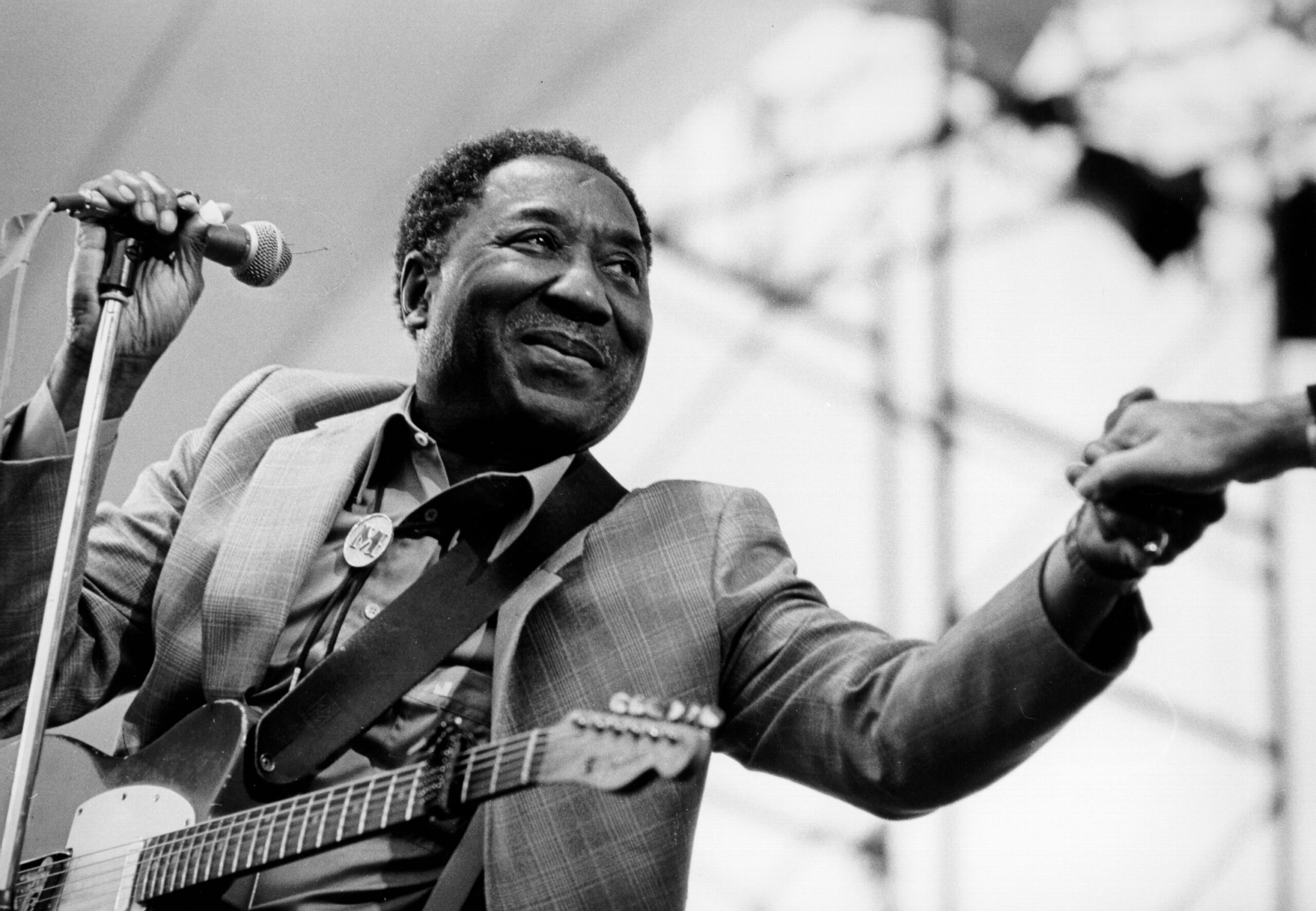[ad_1]
In July 1995, Kwame Mainu had just completed a short course for local small-scale industrialists at the University of Science and Technology in Kumasi, Ghana. The local lecturers had been supported by two young academics from England, Mick Gould and Sandra Garg. Relaxing in his chalet the next day, Kwame turned on the television. Although he didn’t usually spend much time watching, he thought that today the closing ceremony of his course might be featured in the news. Cameras had been present, but he knew from experience that this did not guarantee inclusion in the broadcast. Over the years, however, the projects and activities of the TCC had been well covered in the media.
The TV was playing a popular comedy called Osofo Dadzie, recounting the trials and tribulations of a church minister in modern Ghana. Kwame found himself laughing at the antics portrayed on the small glass screen. During much time spent in Britain, he had made a big effort to understand British humour, and he was relieved not to have lost his own sense of humour in the process. The programme was in the vernacular of present day Ghana, Akan dialect with many key phrases and words expressed in English. This was not the pure Twi of the okyeame, chief’s linguist, and Kwame wondered what Kofi Adjare would think of it. It was not the classical Twi that Kofi used in communicating on behalf of the drugs cartel.
There was a knock on his door. Mick and Sandra had come to thank him for the opportunity he had given them to come to Ghana on their present assignment. Kwame was forced in a very un-Ghanaian way to hasten his visitors to easy chairs with a warning that they might see themselves on TV. The news was just beginning but it seemed a long time before the international and national news was finished and for a few moments of local items flickered on the small screen. Sure enough, a brief feature on the engineering drawing course was included and, as usual, the cameras panned the whole gathering at the closing ceremony. Mick and Sandra were as surprised as they were gratified. They couldn’t imagine an opportunity to appear on the TV news in the UK.
Sandra was particularly delighted. ‘That’s amazing,’ she cried, ‘I had no idea that the course would create that level of interest.’
‘The TCC has always invited the media to its special functions,’ explained Kwame, ‘and after twenty three years the reporters and cameras still keep coming. There is widespread interest in activities leading to national economic development. We can also expect to read something about ourselves in the newspapers on Monday or Tuesday.’
[ad_2]




